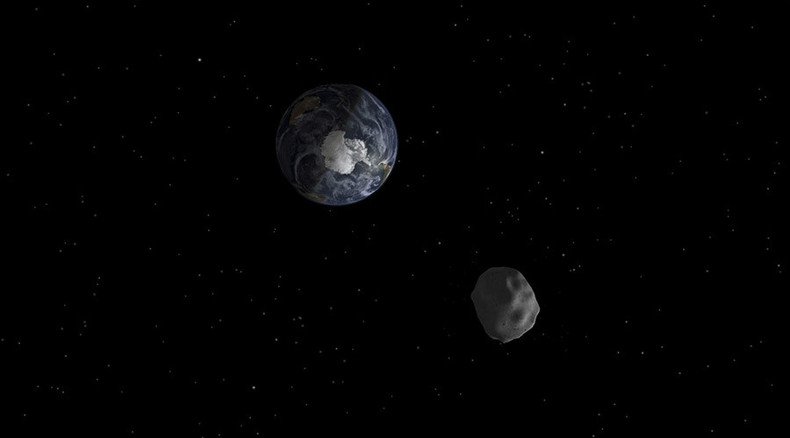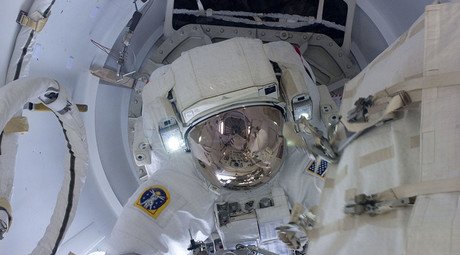Rockhounds rejoice: Senate adopts bill allowing asteroid mining

Americans who manage to extract resources from space will be entitled to keep them, according to a bill unanimously approved by the Senate. The bill also lets NASA support ISS operations through to 2024 and backs private space exploration.
House Resolution 2262, also known as the Commercial Space Launch Competitiveness Act, cleared the Senate with unanimous consent on Tuesday. One of the provisions included in the bill is that any US citizen “shall be entitled to any asteroid resource or space resource obtained,” if they somehow manage to successfully mine the riches of outer space.
The original bill was put forth by the House Majority Leader Kevin McCarthy (R-California), and titled Spurring Private Aerospace Competitiveness and Entrepreneurship (SPACE) Act of 2015. It included language that would allow legal action to block “harmful interference” to the mining efforts. Space-miners would not be able to claim ownership of asteroids, however, as that would violate international treaties on space access.
The Senate-approved bill reconciles McCarthy’s SPACE Act, passed by the House in May, with a Senate bill approved in August. It will be sent back to the House for final approval once Congress reconvenes on November 16.
#space#news U.S. Senate Passes Compromise Commercial Space Bill:
The Senate passed Nov. 10 the fi... https://t.co/nNN3OOVTms#universes
— Raj (@rajiyaaa) November 11, 2015Companies with long-term plans to mine the mineral riches of space welcomed the new bill.
“We are pleased to see the beginnings of legal clarity in the field of space resource utilization,” Rick Tumlinson, the chairman of Deep Space Industries, said in statement.
“HR 2262 fuels a new economy that will open many avenues for the continual growth and prosperity of humanity,” said Chris Lewicki, the president of Planetary Resources. “We are proud to have the support of Congress,” he added.
The U. S. Commercial Space Launch Competitiveness Act of 2015 has passed the Senate! https://t.co/NV6lfNyXhe via @PlanetaryRsrcs.
— Joe Landon (@joe_landon) November 11, 2015Private companies working on space launches also have cause to rejoice. The new bill extended two provisions of the commercial launch law that were scheduled to expire in 2016, dealing with damages from commercial space launches and safety regulations of commercial spacecraft, Space.com reported.
The US government will continue to indemnify third parties for any damages resulting from commercial launches beyond a “maximum probable loss” amount that launch providers must insure against, until September 2025.
Meanwhile, the “learning period” for commercial spacecraft companies after which there would be enough flight experience for the government to enact safety regulations, has been extended to September 2023. It has already been extended twice, and was scheduled to expire at the end of March.
There was good news for NASA as well. The government’s space agency was authorized to continue operations at the International Space Station through to 2024. The Senate also backed the development of NASA’s Space Launch System (SLS), supporting the use of the heavy-lift booster in manned exploration missions and launching other payloads into space.













